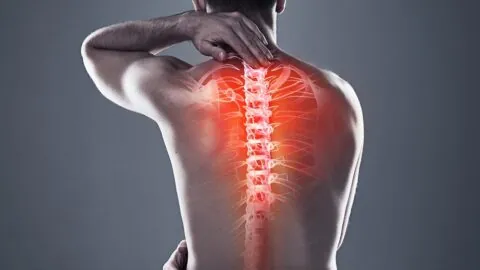April 07, 2025
A new paper published in the Nature journal Bone Research has found that reprogramming the epigenetics of spinal disc cells reduces senescence and alleviates pain in a rat model. The soft tissue degrades Nucleus pulposus cells, which maintain the discs in the spine [1], are prone to the same age-related deterioration that other cells are....
November 15, 2024
Scientists have shown that in a direct cellular reprogramming scenario, neurons are produced almost exclusively by a rare subtype of multipotent cells. Their findings, they claim, change our understanding of reprogramming, but not everyone agrees [1]. Direct action In the world of cellular reprogramming, the two most well-known realms are pluripotent reprogramming, in which somatic...
October 29, 2024
Life Biosciences is a company co-founded by the celebrity geroscientist David Sinclair and is based on his Harvard team’s research into partial cellular reprogramming. In the heated race to translate this promising technology to the clinic, Life has emerged as one of the favorites, inching closer towards clinical trials in humans. Life is counting on...
October 25, 2024
Scientists have shown that long-term intermittent reprogramming limited to hippocampal neurons increases their fitness and improves cognitive function in a mouse model of Alzheimer’s disease [1]. Targeted in time and space Partial cellular reprogramming is one of the hottest directions in longevity research for a reason: it allows to rejuvenate cells without driving them all...
September 27, 2024
Dr. Belmonte’s group at Altos Labs targeted stressed and senescent cells with partial reprogramming, producing large increases in lifespan in male mice [1]. What are they doing there? Since the discovery of cellular reprogramming almost two decades ago, a lot of hopes have been put into this technology, and a lot of progress has been...
July 26, 2024
Scientists have shown that prolonged, continuous expression of reprogramming factors counters cognitive decline in old rats and probably decreases their epigenetic age [1]. Reprogramming and cognitive function Cellular reprogramming, the act of bringing differentiated cells back to a stem-like pluripotent state by expressing certain genes, has been one of the hottest subfields in longevity in...








